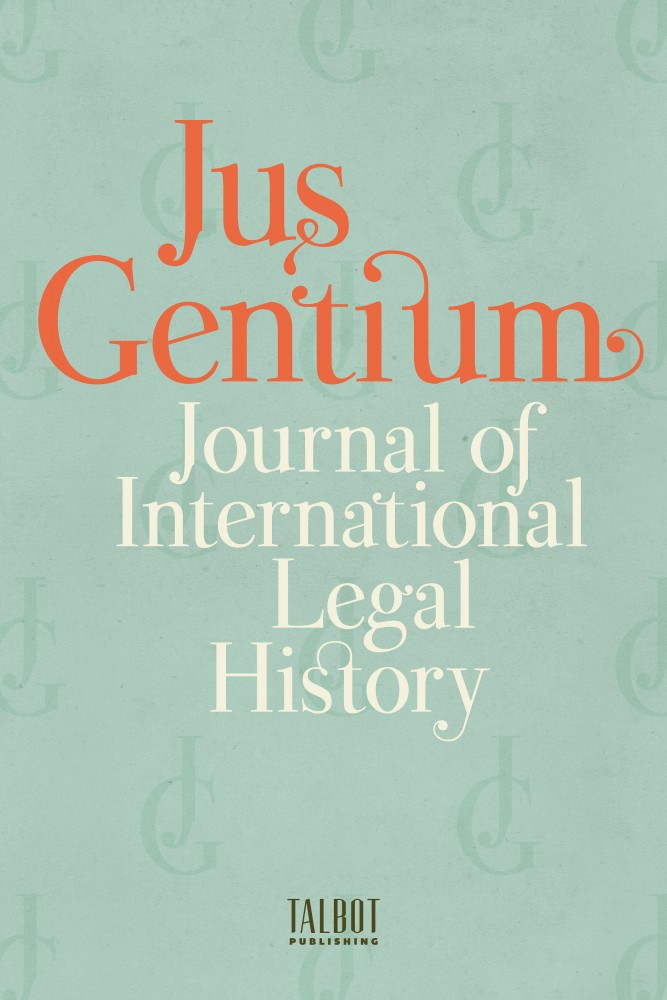(IG session presenters and conveners; credits M. Beham (Passau)/L. Castellanos (Asser))
The ESIL Interest Group History of International Law held its pre-conference event workshop on "Consumers or Producers of international law? Non-European experiences with the law of nations in comparative perspective" at the University of Manchester on 12 September 2018.
The first presenter, Lys Kulamayadil (PhD candidate, Graduate Institute) presented a paper using the notion of "Fairy-tale international law" to contextualise the debate on the Bandung Conference and New International Economic Order. Her presentation focused on the interplay between sovereignty and property, natural ressources and the 1973 oil crisis. In a response, Markus Beham (IG convener) questioned the role of oil elites highlighted in Kulamayadil's contribution. During the public debate, Leon Castellanos (Asser Institute) enquired whether the novel linking up of two strands (the New International Economic Order and Development studies) would have any further consequences. The presenter stated that the decolonisation of the economy counts as an indispensable precondition to studying the NIEO.
The second presenter, Aiko Nakai (Assistant Professor, Kyoto) expounded on "Latin American International Law as the First Regional International Law: The First Step of Irreversible Relativisation of European International Law". Using a well-illustrated powerpoint presentation, dr. Nakai emphasized the differences with European diplomatic practice and legal theory perceived by several international law authors from Latin America in the long 19th century. Frederik Dhondt (IG convener) replied to this paper, asking the presenter to link up her work with diplomatic practice and power issues. Liliana Obregon (University of the Andes) intervened in a lively exchange, moderated by Martin Clark (IG convener) on the label of Latin American tradition in international law: was "Latin American" international law just a label ?
The third presenter, Aleksandr Vodiannikov (OSCE) linked up Michel Foucault, decolonisation and the legal history of "Intermarium", or Eastern Europe between the Black Sea and the Baltic. In his analysis, the construction of identity against an "other" is a necessary methodological tool to debunk Soviet era-histories of the Russian Empire, Ukraine or the Polish-Lithuanian commonwealth. Vodiannikov highlighted the role of in his eyes neglected princely testamentary charters. Jan Lemnitzer (IG convener) highlighted the novel and stimulating character of this approach, but wondered whether the distinction between core and periphery could be seen as static, especially in view of the relatively long period concerned by the presenter. Notions of Moscow as the "Third Rome" or the enduring dominance of Byzantium nuance the idea of a "periphery" in Eastern Europe, at least if one takes the self-image of the parties concerned into account.
The session ended with a presentation of the IG's intention to take part in the following ESIL events:
- Research Forum on the "Rule of Law" (Göttingen, April 2019)
- Annual Conference on "Sovereignty" (Athens, September 2019)
Members will be contacted in the future by the ESIL Secretariat, and not longer by the conveners directly, due to the recent evolution of European data legislation. This should not withhold members from proposing initiatives organised at their home institutions, or announcing calls/publications/job advertisements on the blog.
Any member of the IG Steering Committee can be contacted to this end.
The conference can be revived on twitter by browsing the hashtag
#ESIL2018.























